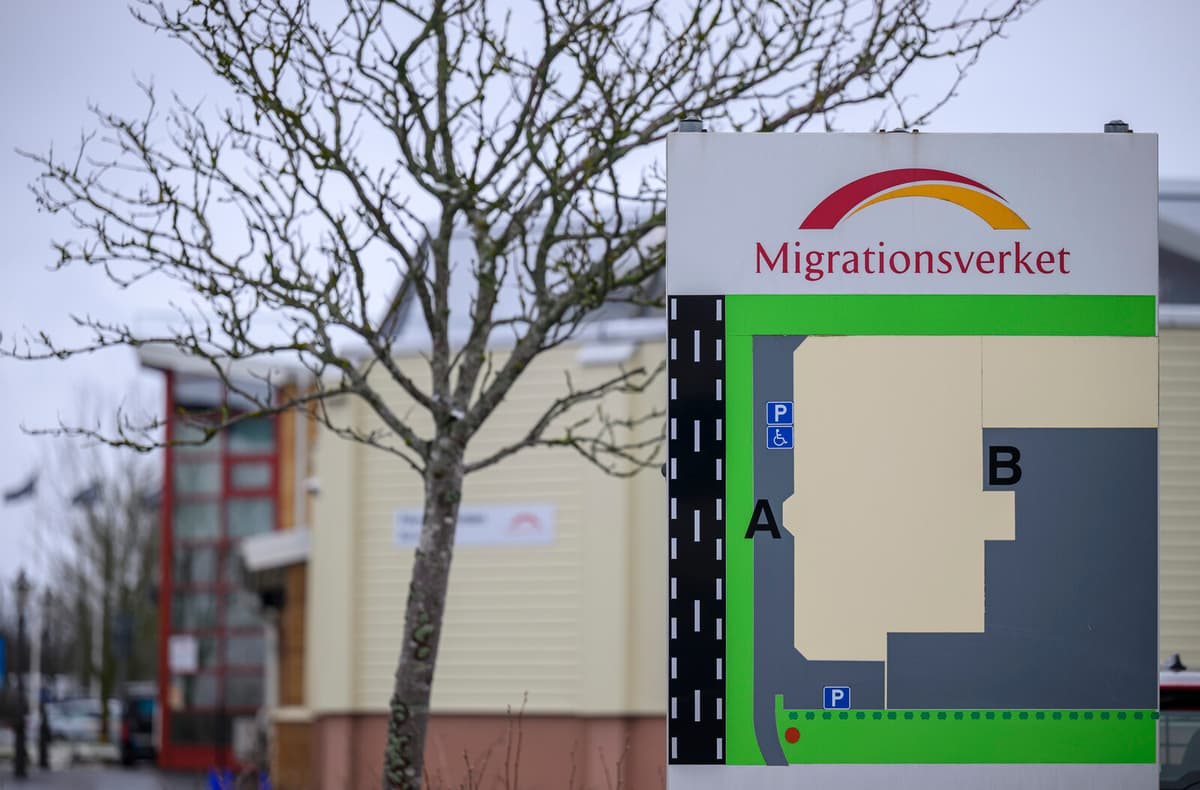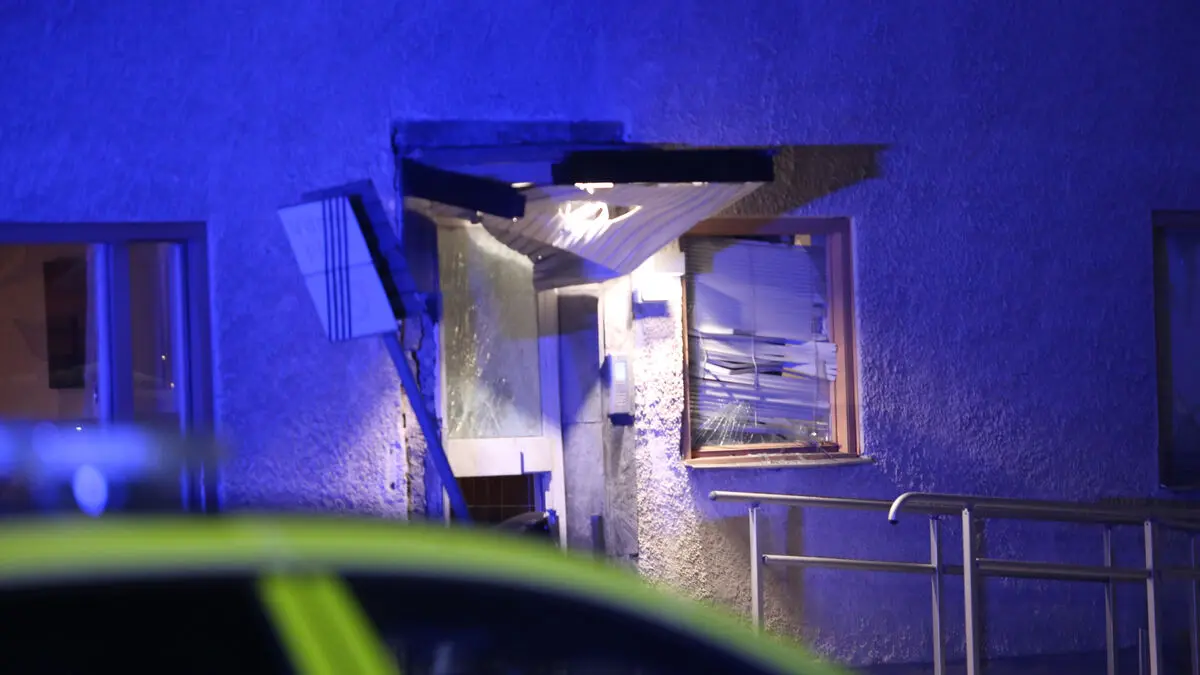This is the content of the bill submitted to the Council on Legislation.
The Migration Agency currently has 593 places in detention centers around Sweden. Foreigners who must leave the country are detained there.
The detention centers, according to the Migration Agency, have problems with the smuggling of narcotics and, to some extent, weapons.
These are very serious security problems that have existed for a long time, says Minister for Migration Johan Forssell (M).
Searching rooms
Body searches of persons taken into detention are proposed to always be allowed when they arrive and in other cases, body searches are to be allowed at a lower level of suspicion than is required today.
Examination of mail is also proposed to be allowed at a lower level of suspicion.
It will also be permitted for detention center staff to search living quarters to look for prohibited items if necessary to maintain order or security. This is not possible today. In their work, drug-sniffing dogs will also be allowed to be used.
Another proposal is that the Migration Agency should be able to decide on security checks if deemed necessary, for example, after a detainee has had a visit or interacted with others in the recreation area. Alarm gates or metal detectors will be allowed to be used during such checks.
Regarding visitors, a new form of supervised visits is proposed, for example, through a glass partition between the detainee and the visitor. Today, visits can be monitored by having staff present in the room.
"Almost impossible"
The Migration Agency will also be able to decide on general entry control at detention centers for up to three months, which means that everyone who enters the detention center will be body searched.
These measures combined will make it very difficult, almost impossible, to bring in narcotics, says Forssell.
When entry control and supervised visits are to take place, it is up to the detention center staff to assess, according to Forssell.
This is an opportunity that exists. So you have to make an assessment in individual cases.
The Red Cross has expressed concern that the distinction between prison and detention center is decreasing and that migrants risk being stigmatized as a group.






